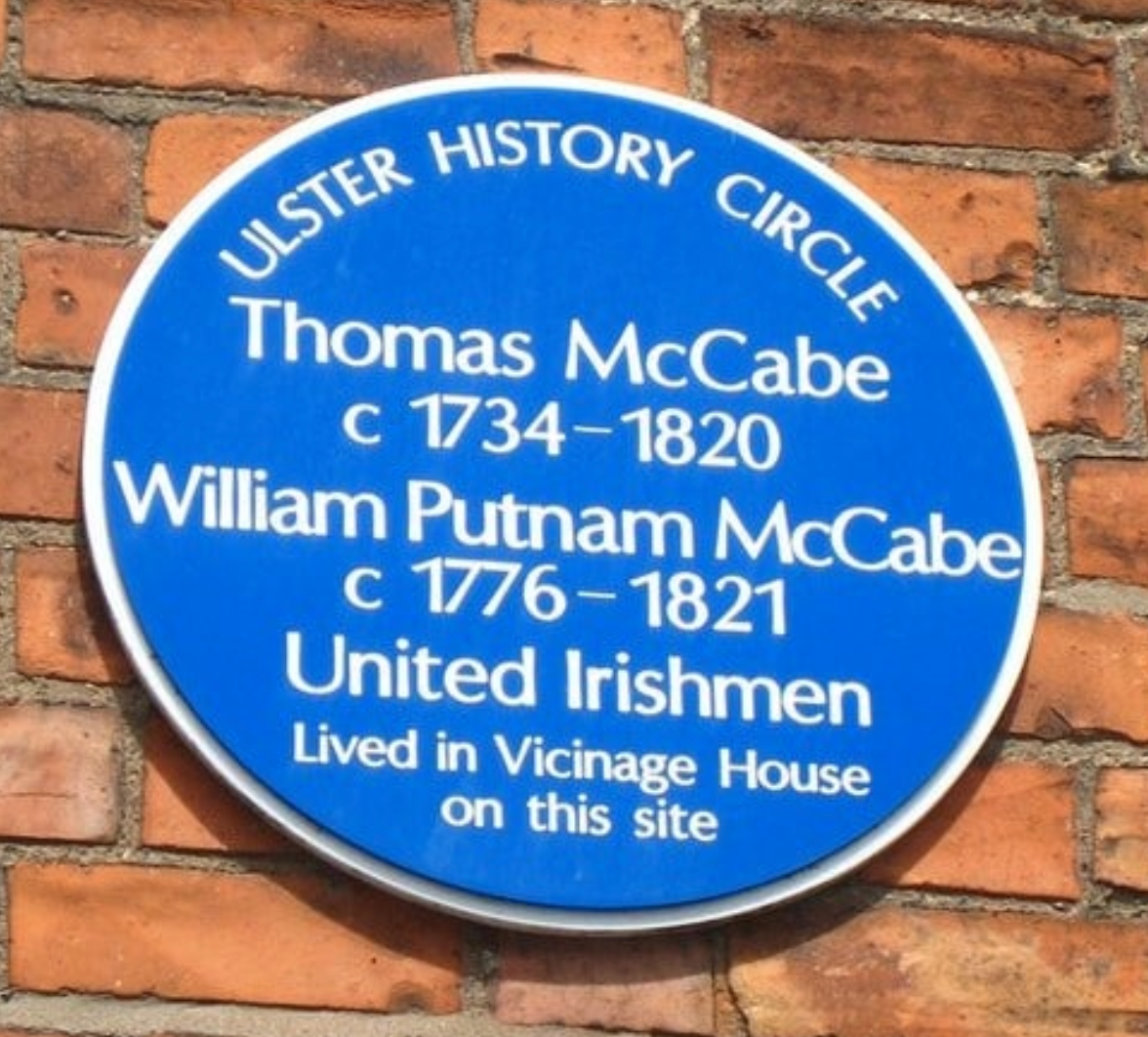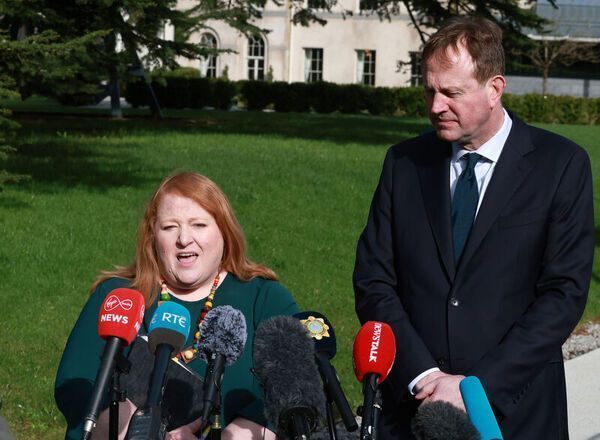Recently there have been heated discussions about the shameful role of many places in the British Isles in the transatlantic slave trade. One of the cities that was never sullied by the stain of this nefarious enterprise was Belfast, but the city might have played a shameful part in the slave trade had it not been for a fiery 1786 speech denouncing this evil trade by a Belfast watch-maker and jeweler called Thomas McCabe. Until recently a forgotten figure, McCabe and his important legacy are now being re-examined in Ireland, so it is worth recalling the story of this extraordinary Irishman.
McCabe was born in Lurgan, Co. Armagh into a Presbyterian family of watchmakers and jewelers. His father Patrick taught him how to make watches. His mother’s family were French Huguenots who were jewelers. In 1762, McCabe and his brother opened a watchmaking and jewelry store on Belfast’s North Street. That same year McCabe confidently advertised his watches in the Belfast Newsletter writing, “Thomas McCabe, lately settled near the Four Corners in Belfast, proposes that gentlemen who please to deal with him may have a trial for a year before payment of any kind of watches, at the price of eight guineas and upwards.”
McCabe proved not only to be a successful businessman, but more importantly a man of great compassion and concern for the city’s poor. One of the founders of Belfast’s first Sunday School, he was also a founding member and heavy contributor to the Belfast Charitable Society. Perhaps his most important charitable work, however, was in connection with the city’s poor house, which was opened in 1774 and called Clifton House.
A man profoundly committed to the poor, McCabe and his friend Henry Joy McCracken traveled to England at their own expense to study the garment industry, with the hopes of teaching destitute children a skill in the booming industry. In England, they bought looms with their own money and brought them back to Clifton House, where they began teaching the children there how to weave garments in the hope of breaking the cycle of poverty that kept generations of people destitute. Their plan proved so successful that they were able to set up a mill in Belfast in 1784 employing children who had learned the skill and then three years later added a second mill on the Falls Road, which became the first water-powered cotton mill in Ireland. By early 1780, 23 children were employed locally spinning cotton. Within 10 years, some 8,000 people worked as cotton-spinners within a 15-mile radius of Belfast
Sadly, the garment industry was not the only industry booming in Belfast. The city was also growing rich through trade with the Caribbean, supplying materials to the plantations there and buying products produced by people enslaved there. One of the richest men in all Ireland was a Belfast merchant named Waddell Cunningham who was heavily involved in trading with the Caribbean. Born in Killead, Co. Antrim, in 1730, Cunningham emigrated to New York as a young man. He soon became a wealthy transatlantic trader and then purchased a slave plantation on the island of Dominica, which he named Belfast. Concerned only with making money, Cunningham illegally traded with non-British Caribbean islands, but was caught, fined, and briefly imprisoned in New York. He then returned to his native part of Ireland where he hoped to enter the lucrative slave trade, which had become possible after the 1780 repeal of the Navigation Acts, which had forbidden the slave trade.
In 1786, Cunningham and other prominent Belfast merchants called a meeting at the Belfast Public Assembly Rooms to discuss setting up a Belfast Company for Slave-Ship Trading. The plan was to create a triangle trade, first buying slaves in Africa, then selling the slaves in the Caribbean where they would buy slave-produced commodities like sugar and sell them back in Ireland, profiting handsomely at each angle of the triangle.
Cunningham had drawn up a prospectus and had invited investors to buy stock in his venture. McCabe, an ardent opponent of slavery, became incensed when he learned of the proposed company and decided that he would address Cunningham and his potential investors. In words that have since become legendary McCabe thundered, “May God wither the hand and consign the name to eternal infamy of the man who will sign that document.” Taken aback by McCabe’s fiery condemnation of the proceedings, none dared sign and the Belfast Slave-Ship Trading Company was never formed.
McCabe also became a founding member of the United Irishmen in Belfast. In 1791, McCabe, along with his friend McCracken and two others resolved, “to form ourselves into an association to unite all Irishmen to pledge ourselves to our country, and by that cordial union maintain the balance of patriotism so essential for the restoration and preservation of our liberty, and the revival of our trade.” They would oppose "the weight of English influence" by securing an Irish parliament in which "all the people" would have "equal representation."
The McCabe home became a regular meeting place for the United Irishmen, and it was there that the Belfast chapter of the 1798 rebellion was planned. McCabe at age 59 was too old to fight, but his son, William, acted as bodyguard to Lord Edward Fitzgerald before his capture, and escaped to France after the revolution. His son later took part in Robert Emmet’s 1803 rebellion.
McCabe’s once prosperous business became a target for those who opposed Irish freedom. His shop was repeatedly attacked. Unable to continue his business, he returned to Lurgan and he died in 1820. He is buried in the Clifton Street Cemetery in Belfast along with other United Irishmen including Henry Joy McCracken, William Drennan and William Dickson. His Belfast home was torn down and the site lies on what is now St. Malachy’s College, where a Blue Plaque honoring McCabe and his son William was placed by the Ulster History Circle. Many argue, however, that Belfast should do more to honor McCabe, and there have been calls to erect a statue in his honor.









